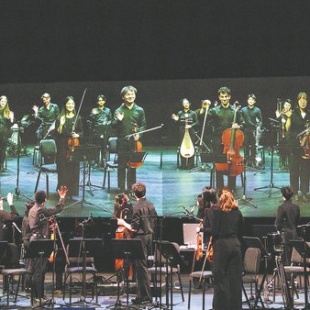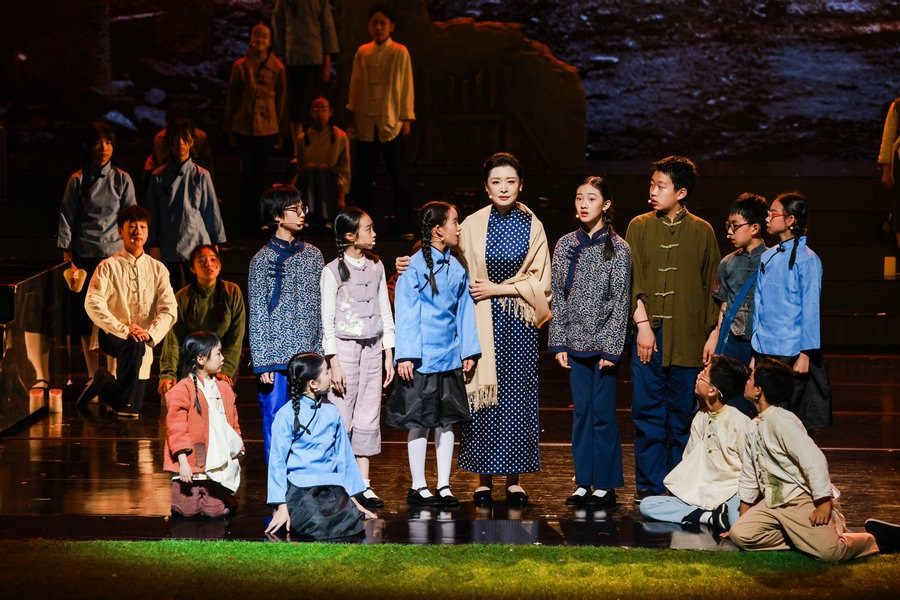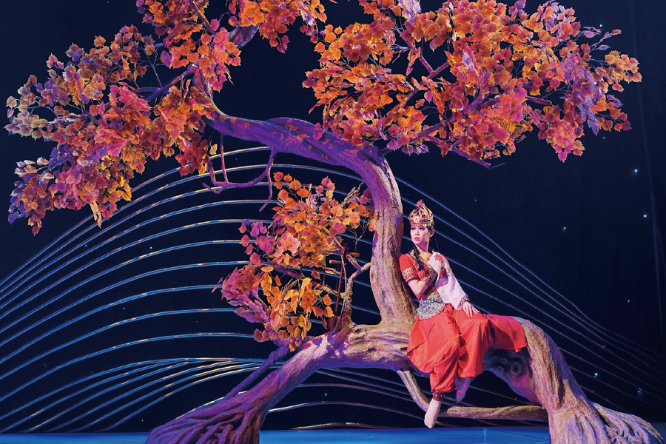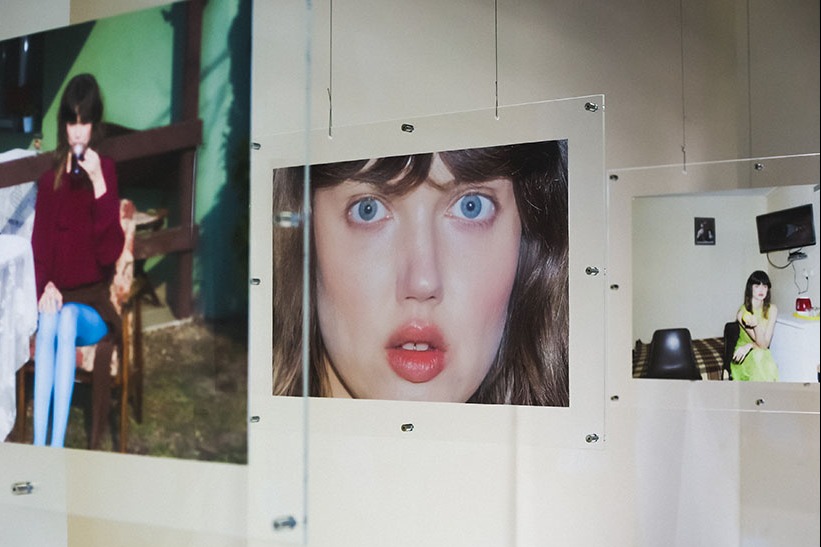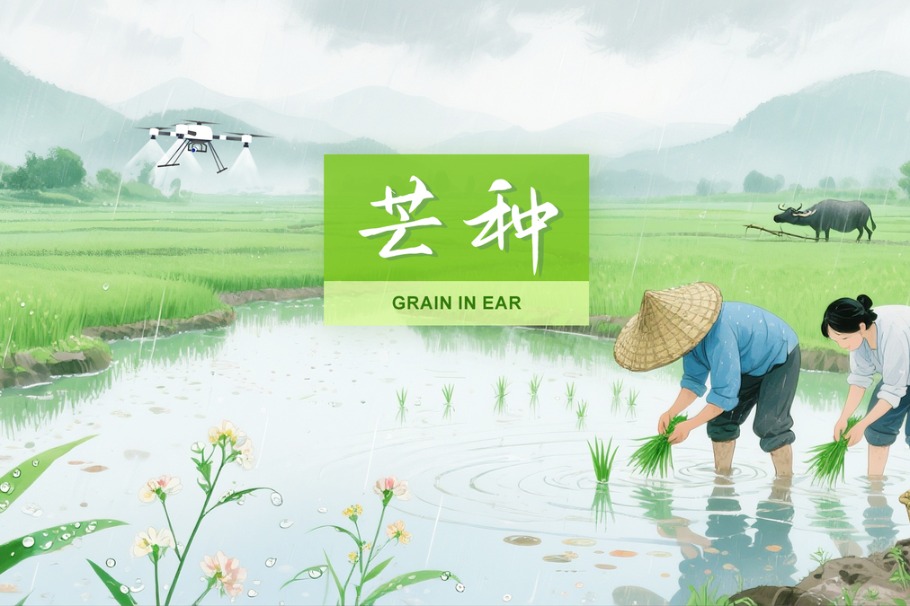In tune with AI
Performers believe instead of resisting technology, it's better to leverage it to expand audience base, Chen Nan reports.

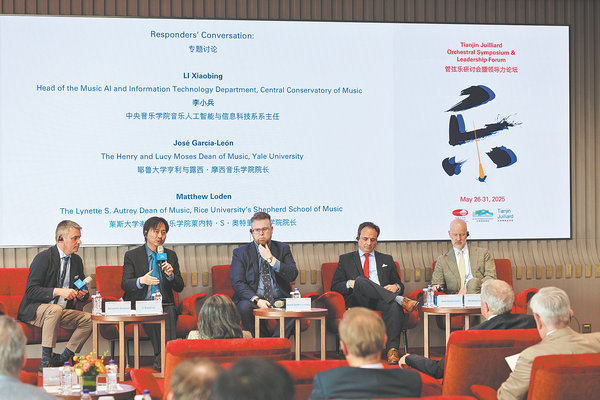
Li Xiaobing, a composer and professor at Beijing's Central Conservatory of Music, agrees with Ludwig during the discussion. "AI isn't just a threat to certain jobs — it creates new opportunities for innovation and productivity, especially in music education."
In 2019, the Central Conservatory of Music established its AI music and music information technology department, focusing on interdisciplinary training in AI, electronic music, and even music therapy.
"AI allows performers to analyze realtime data and adjust their performance based on audience feedback, creating a more dynamic concert experience," says Li. He points out that Chinese music schools are quickly adopting AI to create innovative educational programs.
"The Central Conservatory of Music's use of bio-feedback to control the parameters of a musical performance showed me a near future where musicians can tap into the emotions of audience members. They can express themselves more effectively by being aware of biometric data such as brainwaves, heartbeat, or pupil dilation," Ludwig says. "AI can amplify our sense of empathy and emotional connection."


